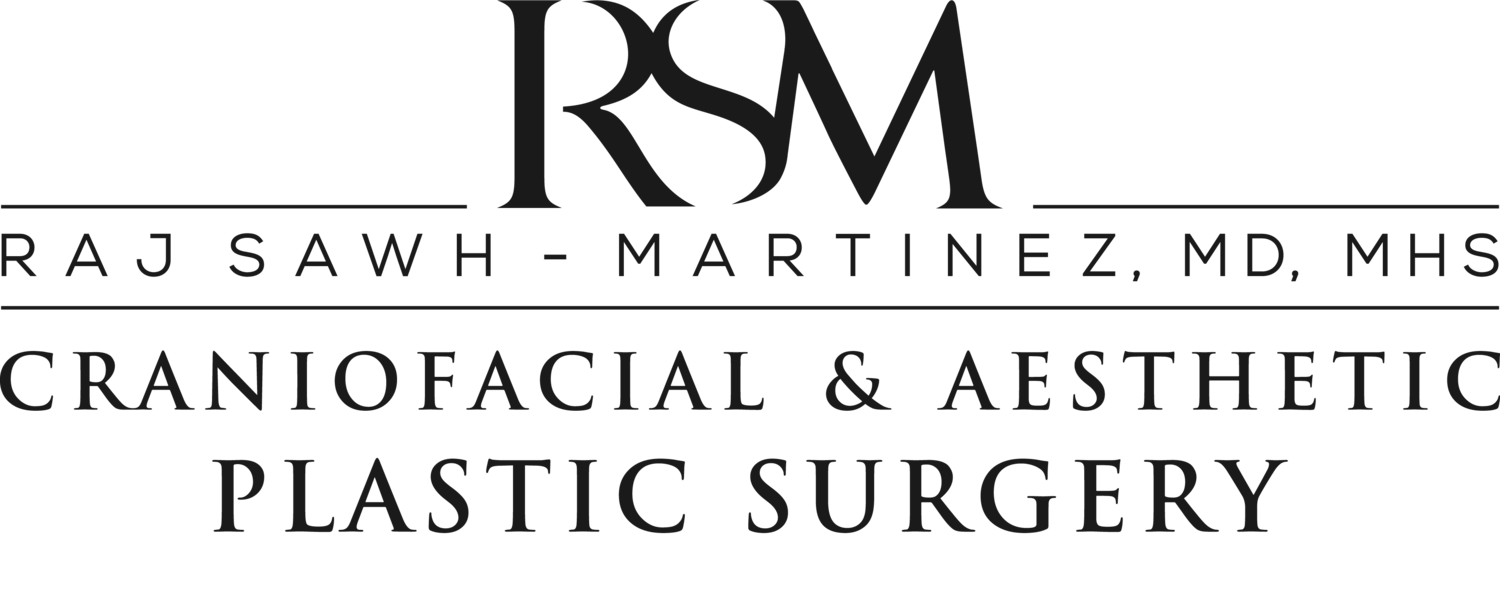
Speech Surgery (VPI, Palate Surgery)
Orlando, FL
During normal speech, the soft palate muscle in the mouth moves up and down and touches the back of the throat to produce oral consonants (letters, such as p, w, and x). When the muscle in the soft palate closes, air cannot come out the nose.
Velopharyngeal insufficiency (VPI) occurs when the soft palate does not close as it was intended to, causing air to come out the nose during speaking. This can cause hypernasality and/or nasal air emission and speech that is difficult to understand. Surgery is commonly needed to improve VPI.
At Craniofacial & Aesthetic Plastic Surgery in Orlando, FL, fellowship-trained surgeon Dr. Raj Sawh-Martinez specializes in pediatric craniofacial surgeries. Schedule a consultation with the skilled surgeon today to learn how VPI palate surgery could help improve your child's speech condition.
The most common cause of VPI is cleft palate. Approximately 20% of children born with the abnormality will also suffer from VPI. Sometimes, adenoid removal surgery can result in VPI because of the creation of additional space between the soft palate and the back of the throat.
These cases are often temporary and self-resolving. Children who are diagnosed with DiGeorge syndrome can also suffer from VPI even without an obvious cleft palate diagnosis. Lastly, traumatic brain injuries and neurological disorders can cause the speaking condition because of muscle weakness and poor muscle coordination. In some rare cases, the cause of VPI is unknown.
Possible Surgical Techniques
In most situations, children suffering from VPI will need surgery to address the lack of tissue in their palate or throat. Dr. Sawh-Martinez performs the following surgeries for the treatment of the condition:
Z-Plasty
A Furlow Z-Plasty is a surgical procedure used to lengthen the soft palate so that it can reach the back of the throat during speech. This is achieved by using the width of the palate to lengthen it using the existing tissue. The resulting scar on the child's palate resembles a Z, giving the procedure its name.
Pharyngeal augmentation
Augmentation pharyngoplasty corrects speech problems by closing the gap between the soft palate and the throat. During this procedure, a small piece of tissue from the rear of the throat is connected to the soft palate to help regulate the passage of air during speaking.
Pharyngeal flap
This surgical procedure corrects or enhances your child's speech by transferring a portion of muscle from the pharynx to the soft palate in order to narrow the nasal passageway, restricting the amount of air that passes through when your child is speaking.
What to Expect from Speech Surgery
Surgical procedures are performed through the inside of the mouth with the child under general anesthesia. In most situations, your child will need to stay in the hospital overnight for monitoring.
After surgery, it is very common for children to sound hyponasal for several weeks while healing is taking place. During this time, sleep apnea is very common and will make the child snore loudly and sleep poorly. Dr. Sawh-Martinez can help provide tips on coping with these symptoms while your child heals.
In rare cases, children will need help breathing while they sleep at night during recovery. If these symptoms do not subside on their own in the weeks following surgery, schedule a follow-up at Craniofacial & Aesthetic Plastic Surgery.
Expert Surgical Care
Dr. Sawh-Martinez is a skilled surgeon with extensive expertise in the treatment of pediatric conditions. Our team at Craniofacial & Aesthetic Plastic Surgery understands that your child deserves the utmost care and compassion as you seek full recovery for their unique speech complications. We ensure you that your child is in good hands. Schedule your consultation today to meet our team and learn more about our dedication to your child's healing.
